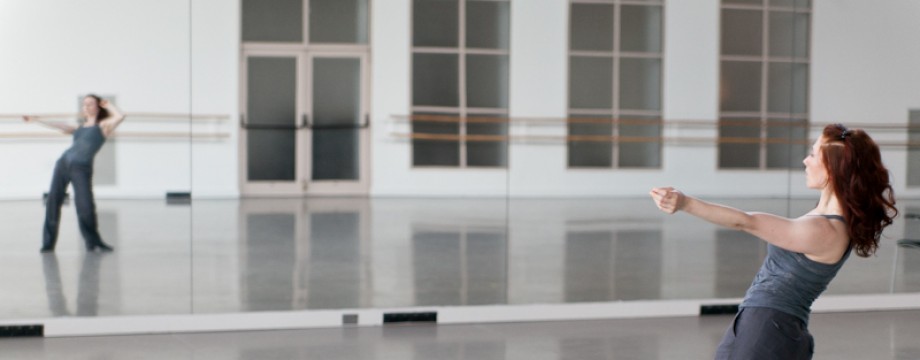I haven’t written since Camp Blues started. I got caught up in the weekend (which I expected) and immediately after camp ended, I helped my host paint the in-law apartment that he’s letting me stay in. That kept us busy for six or more hours each day and I just didn’t want to sit down and write at the end of each day. Since then, I’ve been slowly getting back in the saddle… I went out dancing a few nights, went to a practice session, had dinner with a bunch of dancers and now it’s Monday morning again and I feel like it’s time to check in with all my goals and see how I’m progressing.
1) I haven’t blogged about dance in a week.
2) Because I’m bored with dance.
3) But the boredom is really masked frustration.
4) And I have a bunch of other dance work to do that isn’t interesting to blog about.
So, I guess it’s time to come clean about my frustration.
There’s a rift in the Blues Dance community… and I don’t see it as necessarily a social rift… it’s just a difference in teaching theory. One theory is classically based… I see it as related to ballroom dance and other partner dances, and the other theory is street based. It’s the idea that “this is how it was done in juke joints when people just moved how they felt and imitated each other.” It focuses less on concepts of alignment and more on feel. In the more classical theory, you focus on your own action first to get the result you want. In the street theory, I think you end up thinking about what your partner is doing and reacting to that. I’m sure educators in both theories would disagree with my interpretation, but that’s the clearest explanation I can give of the philosophical difference.
I’ve been very interested in both theories for a while and have been trying to look at dance with fresh eyes to see if my own perceptions line up with either of these theories. I have been more schooled in one theory and have spent some time studying the other. I don’t really want to claim allegiance to any school of learning right now because that’s not how I see myself as a dancer. I don’t believe that you have to gain credibility by saying that you went to Harvard, or Berklee or took workshops with Steven Mitchell and Virgine Jensen. Some people see institutional and expert accreditation as important and valid, but I don’t.
I think if you can prove that your ideas and theories work, then you don’t need Harvard or Steven and Virginie on your resumé to back you up.
Anyways, what happened at Camp Blues and following the event was that I became very clear on how many holes there are in my understanding of both theories. I’m sure writing this will make me seem less qualified as an instructor, and possibly reduce my private student base, but I don’t care. I don’t want to lie about my expertise and tell people the wrong things. I’d rather say, “this is what works for me,” and “there are some other approaches that you’ll eventually want to consider.” Hopefully people realize that when they hire an instructor, you’re hiring us for our experience and our perspective… not to hand down THE TRUTH to you on a platter. There is no one truth and there is no one right way to do things.
You might think this lets me off the hook on all kinds of things, but the fact is, it means that I have even MORE to learn, rather than just one clear path. And, I found myself utterly baffled on how to respond to some dancers who I know are technically sound. My inability to connect with them led me to question my own responses and the rules of dance that I live by. That’s a really uncomfortable feeling!
When I get uncomfortable and start questioning my technique, I want to escape the situation and do something else… go drink in the corner, go play drums, go hang out with friends. But I’ve blogged about this before, how important it is to allow yourself to be uncomfortable, to recognize that it’s the starting point of learning and to move through it so that you can get to the other side.
Not moving through discomfort and sticking with what “feels natural” leads to “move regurgitation” and blocks learning. I feel chagrined that I forgot that, went into avoidance mode and had to remind myself of this.
Anyways, I guess I’m where I should be. I started off this winter with a great teaching experience which ultimately led to what I wanted… a tip into a learning experience. I’m just not very comfortable or feeling very successful right now.



Dance is not something that you learn. It is something that you are learning. People who put themselves out there as purveyors of “The Truth” and pose as experts who no longer need to learn any more or who claim that they already know everything that you/they need to know are lying. Maybe to you, maybe to themselves, maybe to both. Steven Mitchell, who you mentioned, seems to be a good example of someone who continues to learn, and grow and he definitely isn’t doing the same things that he was doing 10, 15, 20 years ago. If I could teach people something and if I could learn more for myself it would be how to be a better learner, even more so than how to be a better dancer.